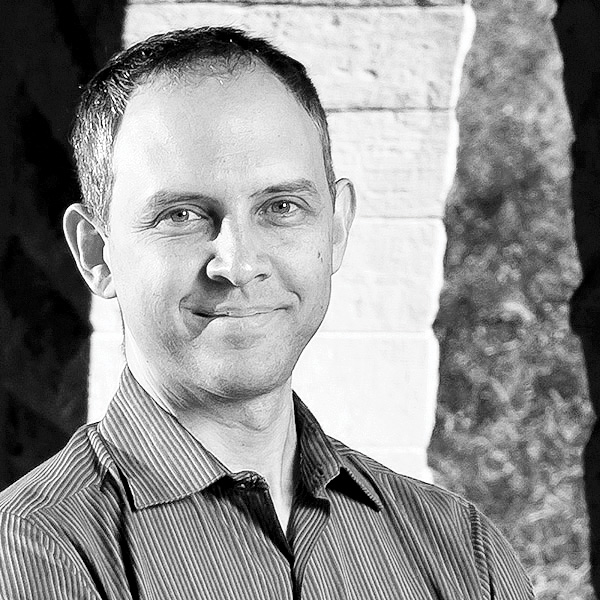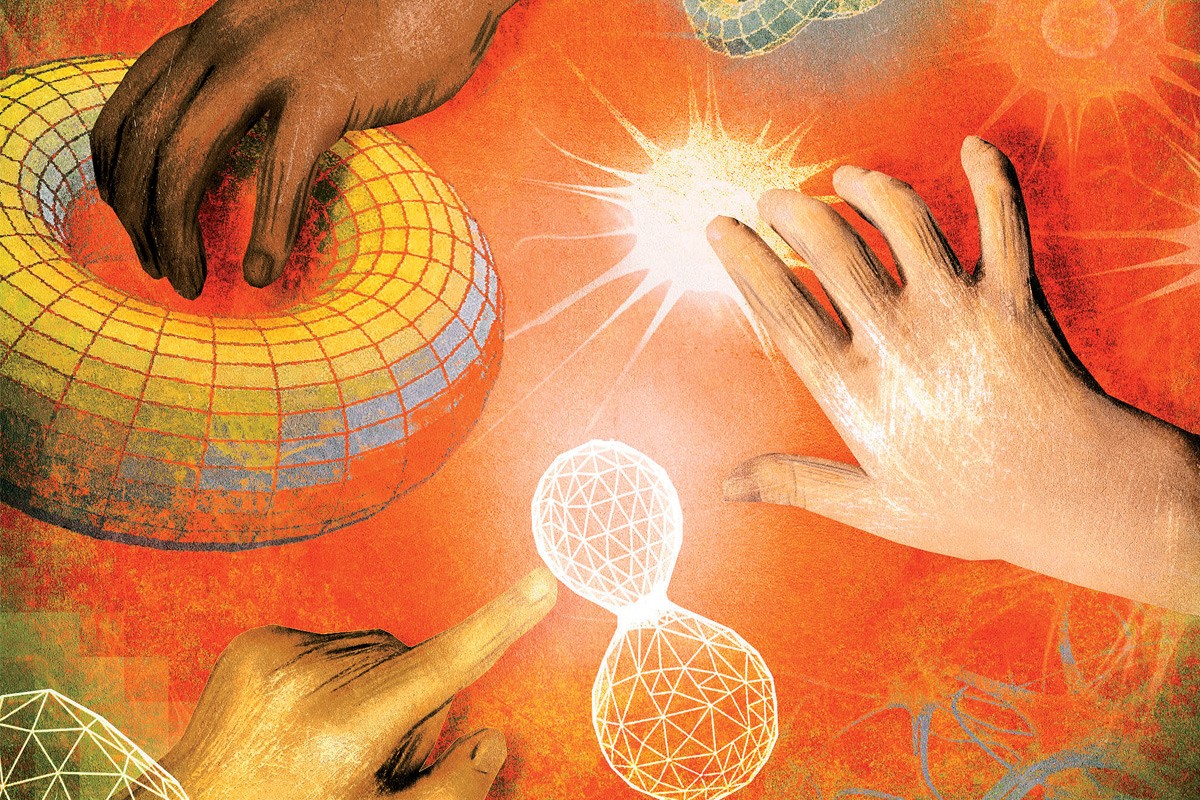Paulo Blikstein works “at the intersection of education and technology,” but his allegiance is clear.
“People say technology makes things cheaper and more efficient, so automate education,” says Blikstein, Associate Professor of Communications, Media & Learning Technologies Design. “But we don’t need more automation in education; we need less. The best use of technology is to creatively augment what teachers can do, not replace them.”

Paulo Blikstein, Associate Professor of Communications, Media & Learning Technologies Design (Photo: TC Archives)
Blikstein creates tools to help children learn STEM subjects by doing, making and building. He created the first open-source educational robotics platform and the first program to bring maker education to schools — the FabLearn project, now in 22 countries on four continents.
He studies these tools in vivo to validate broader learning theories. In 2015, with his then-students Richard Davis and Bertrand Schneider, he placed high school students with no formal engineering and design training in a maker space. They soon acquired behaviors and problem-solving skills “resembling those of experts.”
We don’t need more automation in education; we need less. The best use of technology is to creatively augment what teachers can do, not replace them.
— Paulo Blikstein, Associate Professor of Communications, Media & Learning Technologies Design
Blikstein attended a progressive Brazilian elementary school led by the daughter of Paulo Freire, author of Pedagogy of the Oppressed. After studying engineering in college, he earned a master’s in Media Arts & Sciences from MIT and a Ph.D. in Learning Sciences from Northwestern University.
Teaching at Stanford University in Silicon Valley, Blikstein became wary of technology’s potential uses in education. “Any discussion of EdTech must address the Silicon Valley mythology of ‘give us your data, because we’re the good guys, we wear hoodies,’” he told a recent TC conference. “Filmmakers use technology to tell otherwise impossible stories; doctors, to heal in unthinkable ways. Similarly, teachers should use technology to teach kids to build AI, not to deliver 19th century Orwellian-style education. We want more humanity in the classroom, not less.”
